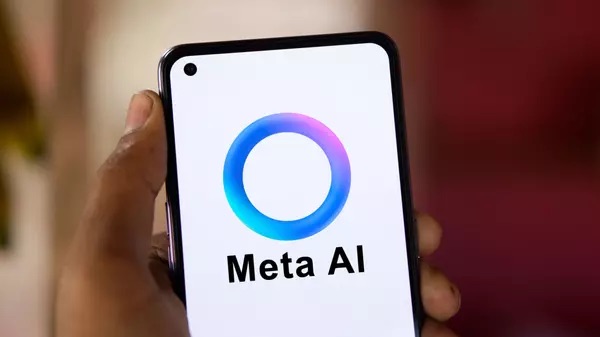
Facebook is now asking users to grant permission to access their phone’s camera roll to automatically suggest AI-enhanced versions of their photos—even those not yet uploaded to the platform. The feature appears when users create a new Story and prompts them to opt into “cloud processing” for creative suggestions.
By clicking “Allow,” users enable Facebook to upload photos and videos from their camera roll to its servers continuously. This data is analyzed for generating creative ideas like collages, AI restylings, recaps, and photo themes, using metadata such as time, location, and recognized objects or people.
Privacy, Permissions, and AI Terms
Facebook assures users that only they can see the AI-generated suggestions and that the media is not used for ad targeting. However, opting in means agreeing to Meta’s AI Terms of Service, which allows the company’s AI to analyze images, including facial features, and use this data to personalize AI outputs.
The terms also allow Meta to retain and use personal information submitted during interactions with the AI, including feedback and prompts, some of which may be reviewed by human moderators.
User Reactions and Controls
Though relatively few users have publicly raised concerns so far, questions about privacy and control have emerged. Some users discovered AI-generated edits—such as transforming old photos into anime-style images—without prior clear understanding of how their photos were being used.
Users can manage the feature via the “Camera roll sharing suggestions” section in Facebook’s app settings, where toggles exist for AI-powered photo suggestions and cloud processing permissions. Both options are opt-in, and users can disable them at any time.
Meta spokesperson Maria Cubeta confirmed that the feature is in a testing phase in the U.S. and Canada. She emphasized that suggestions are private and opt-in, used only to improve content suggestions and not to train AI models at this stage.
Author’s Opinion
Granting AI access to personal, unshared photos for creative suggestions is an intriguing convenience but also a potential privacy risk. Users should be fully informed and cautious before opting in, understanding that they are allowing their private moments to be analyzed by AI algorithms and stored on corporate servers. Transparency and control are critical to maintaining trust as AI becomes more intertwined with everyday digital experiences.
Featured image credit: Inkl
For more stories like it, click the +Follow button at the top of this page to follow us.
